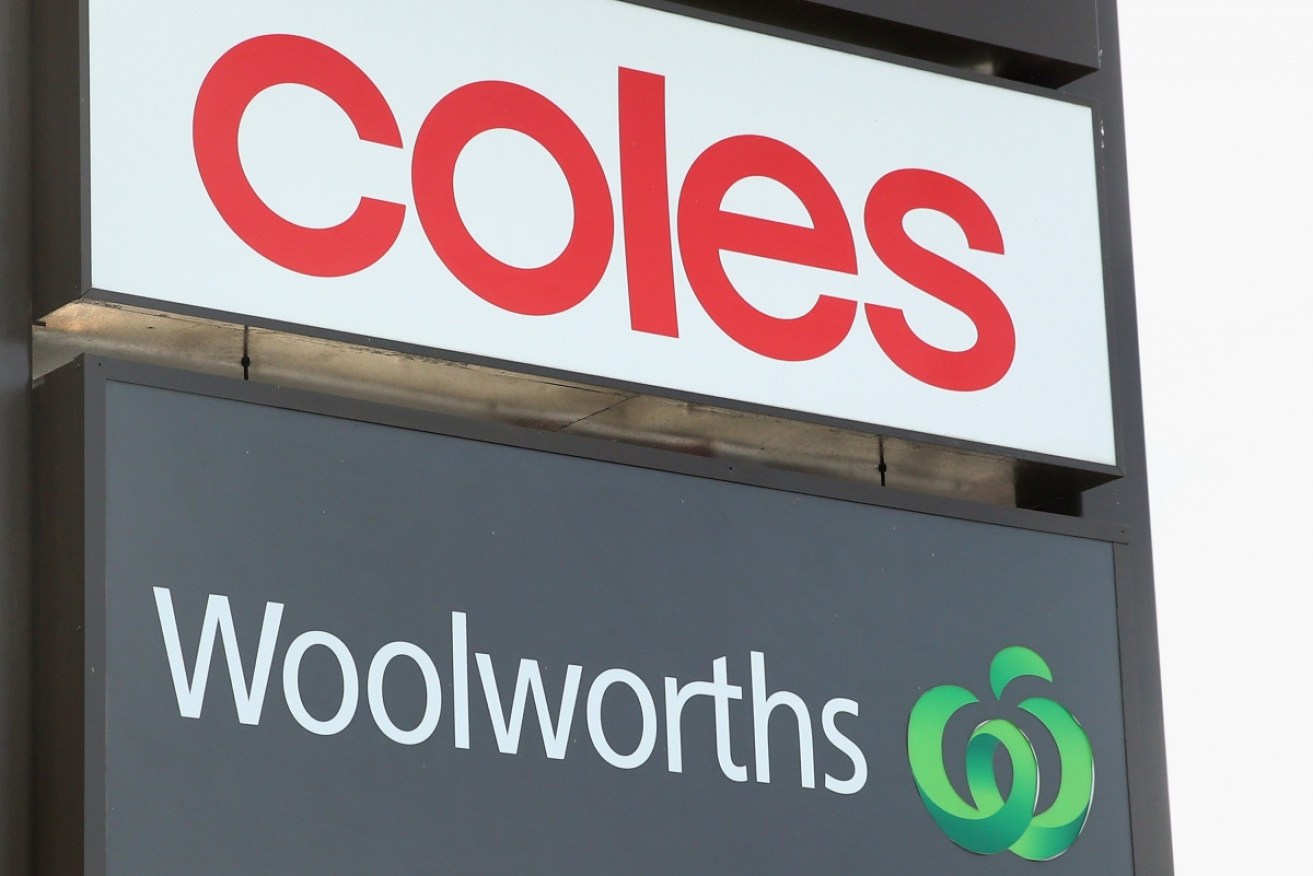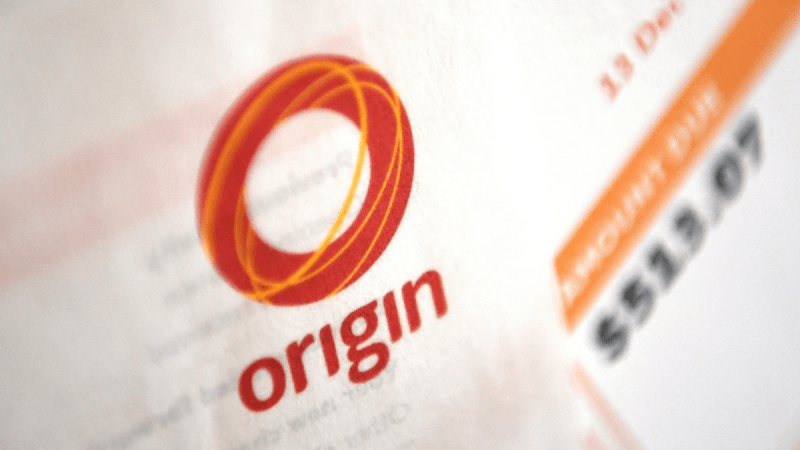Soaring corporate profits as Aussies struggle is making us mad as hell

Coles and Woolworths are under fire over prices. Photo: Getty
OPINION
In the 1976 film Network, set in a US newsroom, an angry Peter Finch preaches to the TV cameras – “I don’t have to tell you things are bad, everyone knows things are bad … the dollar buys a nickel’s worth”.
He then famously encouraged its angry viewers to shout out of the window: “I’m mad as hell, and I’m not going to take this any more!”
I wonder what an angry Peter Finch would make of today’s world?
This year, IAG, Australia’s top general insurer, posted a net profit of $832 million after tax, up a staggering 140 per cent on the year before.
Origin Energy, one of Australia’s biggest energy providers, recorded profits up 83.5 per cent on the year before, with a net income of more than a billion.
Origin’s profit can be put down to the doubling of its gross profits on gas and nearly tripling it on electricity. In other words, Origin’s gross profits are attributable to price increases rather than units sold.
A recent ACOSS survey showed that 65 per cent of people on income support are cutting back on heating.
What’s driving prices?
This is why the union movement saw it necessary for Professor Allan Fels to conduct an inquiry into Price Gouging and Unfair Pricing Prices.
As the former head of the Australian Competition and Consumer Commission (ACCC), he is well placed to take a serious look at what’s driving price rises during a cost-of-living crisis.
The past few years have been tumultuous for our economy, for business and for the Australian people.
People felt the impact of Australia and the world shutting down activity to protect others, the strain on our health workers and the system, and the significant impact on workers and businesses trying to keep their heads above water.

As people struggle, Origin Energy has posted huge profits. Photo: Getty
Our community has also understood that global challenges, in particular the war in Ukraine and global supply issues, could affect prices.
In discussing inflation, the debate has centred largely on how monetary policy can or should be used as a lever to bring it down.
What has been missing is the role that prices, and price setters, play in this.
And what about the role and power of those who set prices possess?
Community has had enough
I think the community has had enough, they are mad as hell, and they shouldn’t have to take it any more. They did their bit. They expected business to do the same.
Two company names come up over and over again in submissions to the inquiry – Woolworths and Coles.
Both posted profits near the billion mark, so it is legitimate to ask if Woolies and Coles, who have two-thirds of the supermarket sector between them, are able to exercise an unfair amount of power over their customers, over their supply chain, or over other businesses.
Supermarkets, along with energy companies, are the most raised sector to the inquiry from ordinary Aussies.
This from Mathew: “I struggle to afford weekly groceries. Our family has had to make several sacrifices as a result [like] cancelling children’s after-school education programs, stopping all hobbies, working extra shifts.”
Or this from Chantelle: “I used to budget $600 for my fortnightly food shop. Due to cost-of-living price rises, I can now only afford $300! But supermarket prices have now doubled! My family is suffering because I am now struggling to buy food!”
Hundreds of submissions
These are just some of the many hundreds of submissions the inquiry has heard from everyday Aussies – and on just one sector of the many which are spoken about in submissions.
This is why this inquiry is so important. Too many businesses feel like they can get away with things without anyone probing, but there is clearly a problem here.
What’s even more insidious is that many of the same companies that are posting these mammoth profits are members of business groups lobbying ferociously to keep wages low.
The Business Council of Australia’s mission statement states that businesses should be “good corporate citizens”. I doubt Chantelle and Mathew would agree that’s being achieved.
The inquiry will hear evidence from expert witnesses and people doing it tough.
Professor Fels will then publish an interim report by the end of the year, highlighting businesses and industries that he may ask for more investigation into.
Dale Beasley is the secretary of South Australia Unions.
Price gouging hearing dates are set for Adelaide (October 26), Cairns (November 9), Sydney (November 10), Canberra (November 14)
If you would like to give evidence or submit evidence: pricegouginginquiry.actu.org.au








